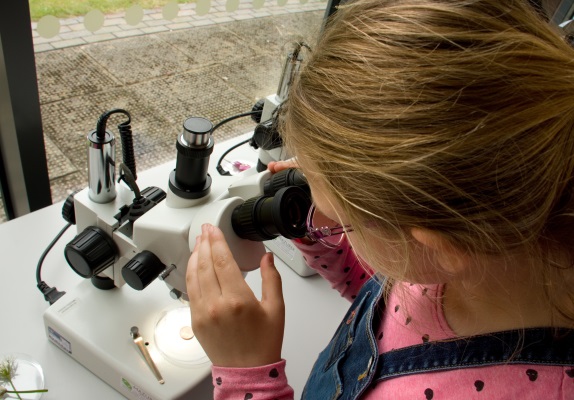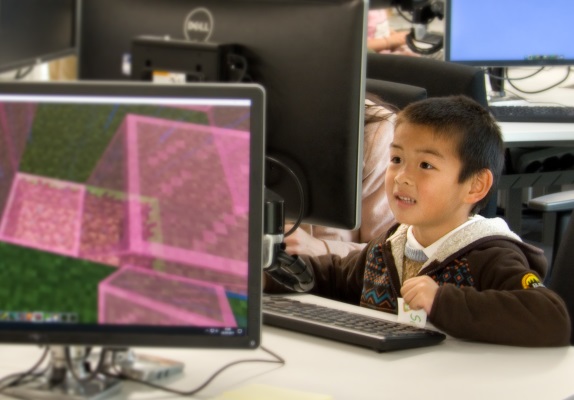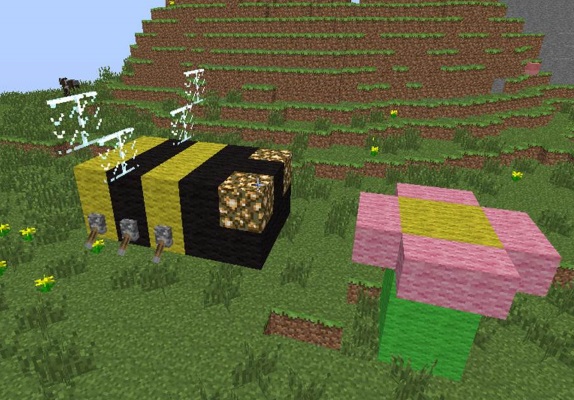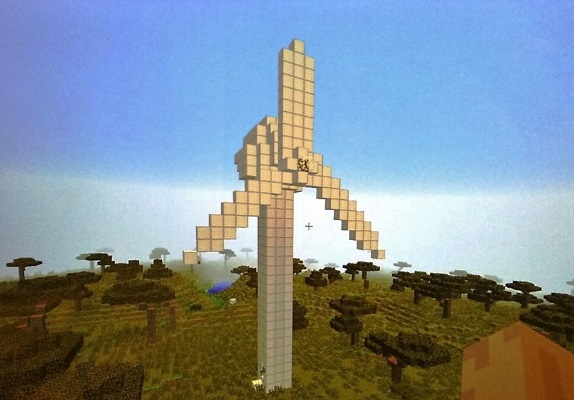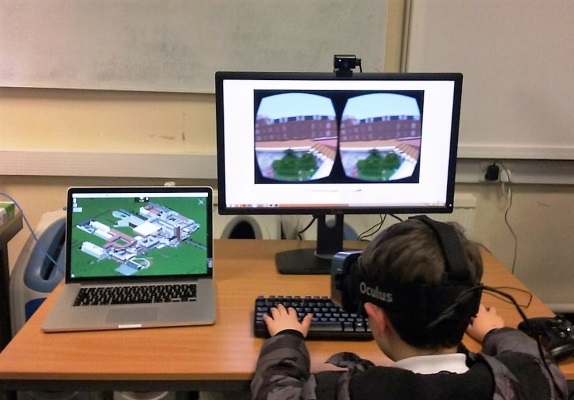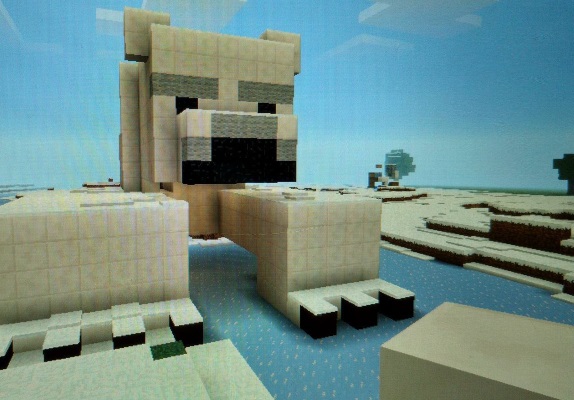Science Hunters
Science Hunters engages children of all ages with science using the popular computer game Minecraft. They learn about scientific concepts and research before building their own related creations in the game.
***COVID-19***
Due to the COVID-19 pandemic, we are not currently undertaking face-to-face work. We have two projects running at Lancaster University and others based at the University of the West of England, which are currently engaging children virtually. For more information please see the details below and contact us at sciencehunters@lancaster.ac.uk or ExtendingSTEM@uwe.ac.uk.
Online content is available on our Facebook and Twitter pages.


